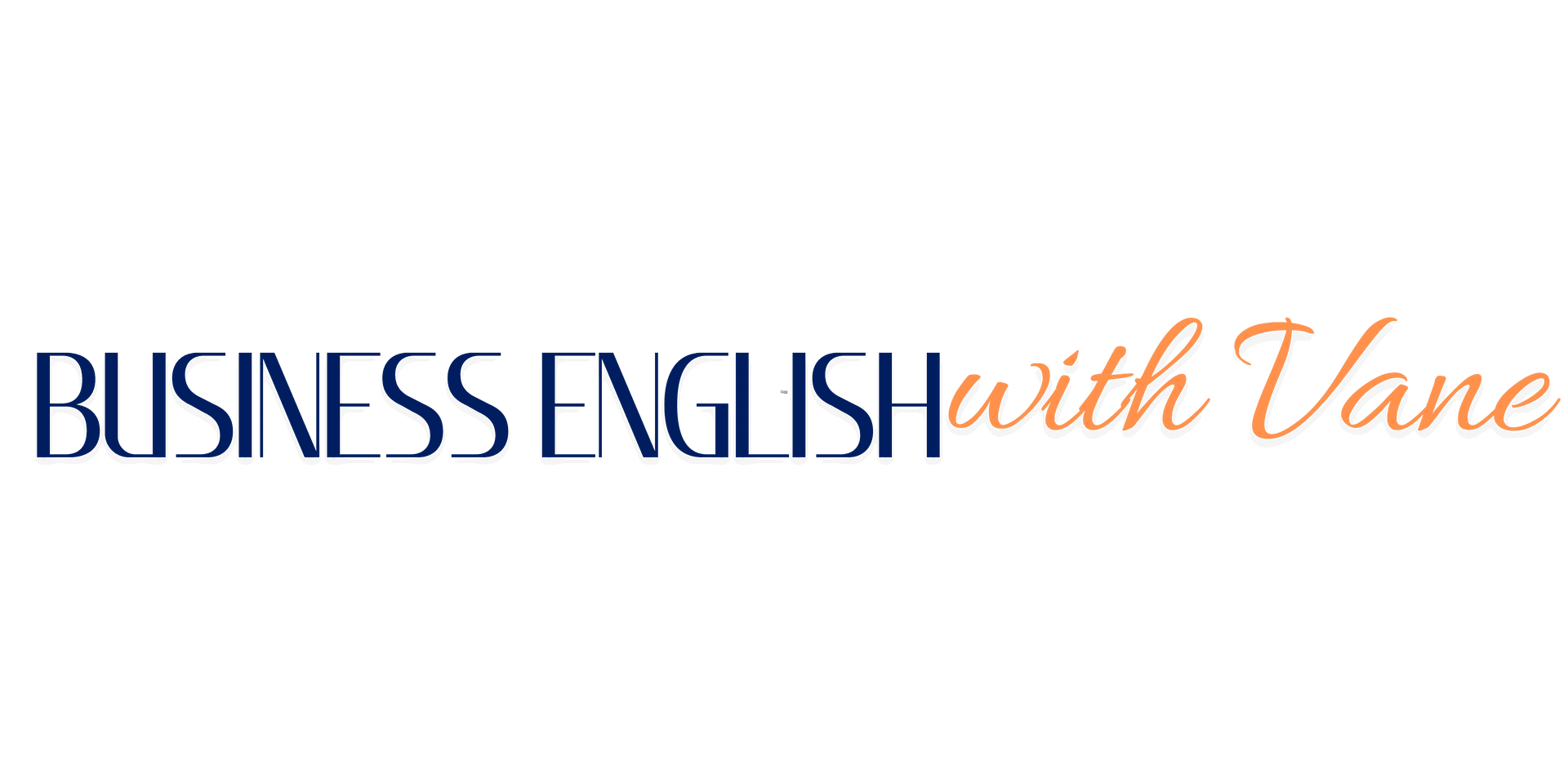
Learning Business English quickly is a goal for many professionals who want to stand out in a global job market. If you’ve ever wondered whether it’s possible to improve your English in a short period, particularly for work situations, the answer is yes—with some important considerations. In this article, I will explain how to achieve this, outline the key steps, and emphasize why a strategic approach is essential for success in just three months.
Why learning Business English quickly is possible
First, it’s important to define what «learning business English in 3 months» means. It doesn’t entail reaching a native level but rather developing the ability to communicate effectively in professional environments. This includes writing emails, participating in meetings, making presentations, and negotiating in English. With clear objectives, the right resources, and a structured routine, you can significantly improve your business English within this time frame. Here’s how to do it.
1. Set realistic goals from the beginning
A common mistake is starting to study without clearly defining what you want to achieve. Establish your goals. Do you want to learn how to write professional emails? Are you interested in speaking confidently in meetings? Or perhaps preparing for job interviews?
In my group business English classes, we work with specific goals and materials tailored to the needs of the real professional world.
2. Focus on job-specific vocabulary
You don’t need to master all verb tenses or learn academic vocabulary. In three months, it’s most effective to concentrate on learning common expressions and phrases used in the corporate world. This includes:
- Formal and informal greetings for emails
- Phrases to introduce yourself in meetings
- Key vocabulary to describe projects, roles, and responsibilities
In my English classes for professionals, we use meeting simulations and practical writing exercises, ensuring you learn exactly what you’ll use in your day-to-day work.
3. Study every day, even if only for a short time
Consistency is crucial for rapid improvement. You don’t need to study for three hours a day; dedicating just 30–45 minutes effectively can yield significant progress. Allocate your time to:
- Reading emails or business articles in English.
- Listening to podcasts or watching short videos on work-related topics.
- Practicing writing and speaking.
In group classes, we organize weekly challenges to keep you motivated and integrate English into your daily routine.
4. Practice with other professionals
Practicing with others is vital for reinforcing what you’ve learned. Sharing experiences, engaging in role-playing exercises, and receiving feedback allows you to apply English in real contexts. One of the advantages of my group courses is the collaborative and motivating environment created by individuals with similar objectives, which is ideal for rapid improvement.
5. Use materials that simulate real business situations
Learning English from general textbooks can be ineffective if your goal is to use it professionally. Therefore, it’s crucial to work with:
- Sample emails.
- Meeting agendas.
- Scripts for corporate presentations.
- Real documents adapted for learning.
In my classes, we focus on real cases that effectively contextualize the language.
6. Evaluate your progress week by week
Tracking your progress is important. Each week, you can assess:
- The number of new words you’ve learned.
- The number of emails you’ve written.
- How confident you felt speaking in English.
In the courses I teach, we utilize self-assessment tools, and you receive personalized feedback to help you correct mistakes and continue progressing.
7. Choose a course tailored for busy professionals
This is an ideal option if you’re on a tight schedule but still want to make progress.In my Business English classes, we conduct short, highly practical sessions that accommodate your timetable, allowing you to improve without neglecting your work responsibilities.
Conclusion
Yes, learning Business English in 3 months is feasible if you have clear objectives, an effective study strategy, and the right guidance. With a focus on real practice, specific vocabulary, and tailored classes, you’ll be able to communicate with greater confidence in the professional world.
Are you ready to take that step? I invite you to join my group classes and embark on your journey toward becoming a more competitively skilled professional—your future starts today!
